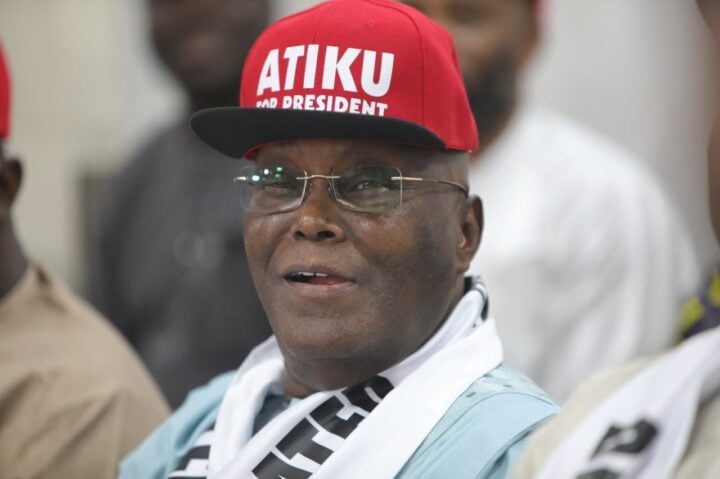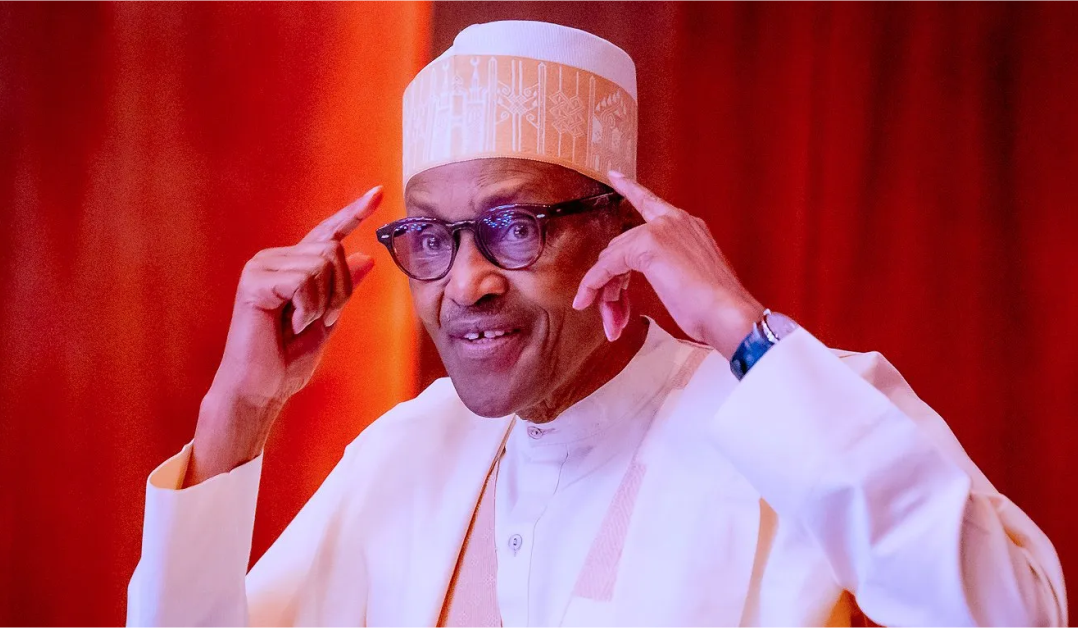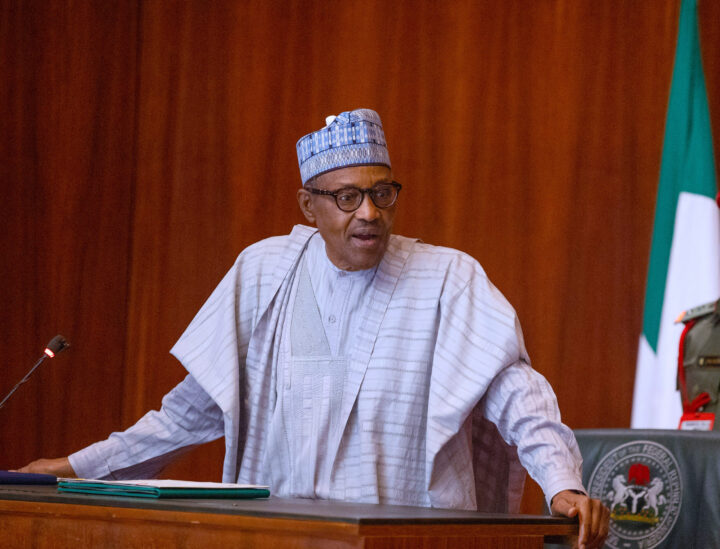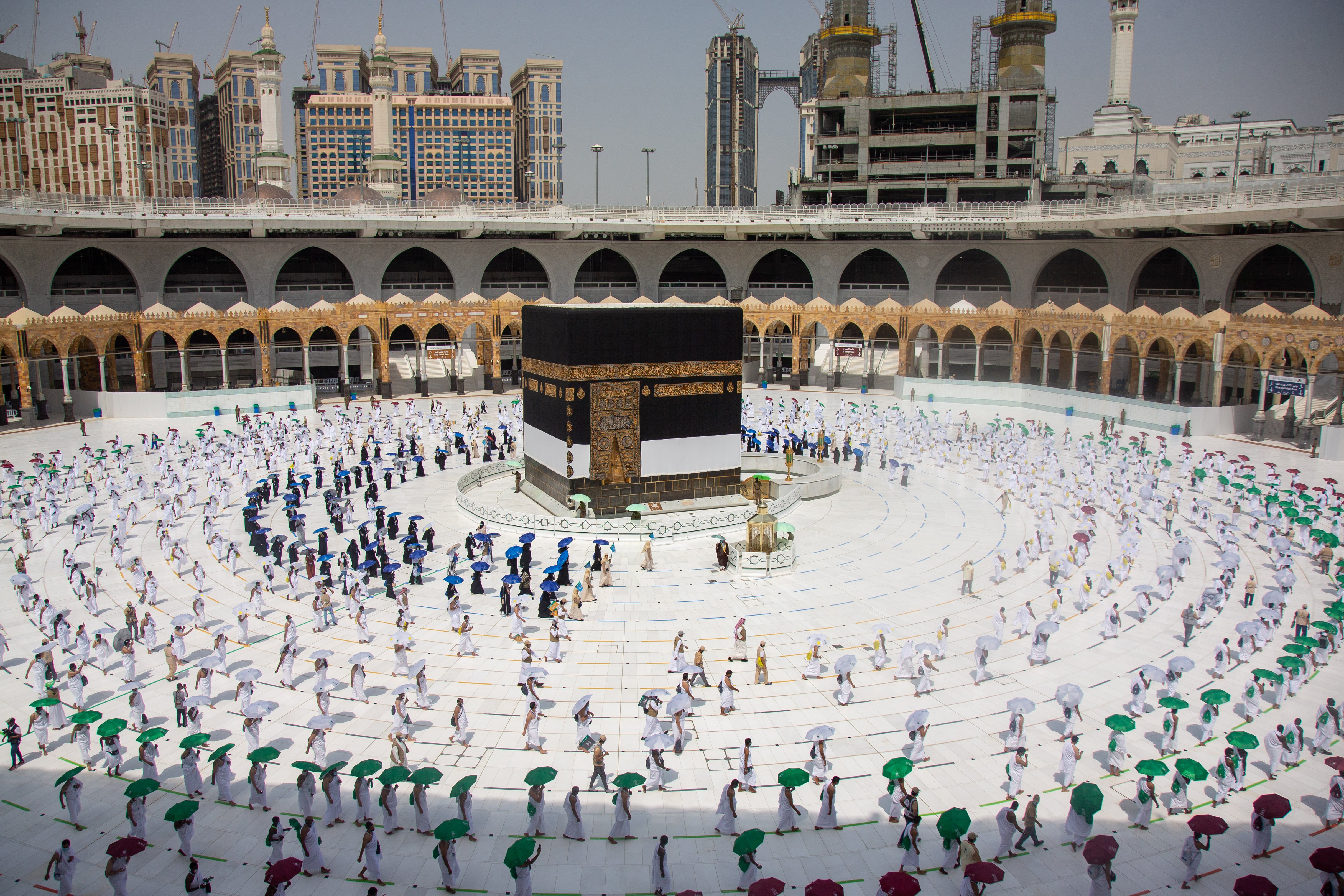Some of the high-stakes international politics that Nigeria will have to contend with/manage if she is going to feasibly resolve her infrastructure challenges, were made more obvious during the recent Group of Seven (G7) 48th summit held in Krun, Germany on June 26-28, 2022. The G7, which consists of the world’s largest advanced countries and liberal democracies, has Canada, France, Germany, Italy, Japan, the United Kingdom and the United States of America as members. The European Union also has non-enumerated membership in the group.
While the 48th G7 summit had the ongoing Russia-Ukraine conflict and its attendant global economic challenges as part of its agenda, the world leaders also announced a $600 billion Partnership for Global Infrastructure and Investment (PGII) for middle and low-income countries, as an alternative to the Belt and Road Initiative (BRI) of the Peoples Republic of China. That G7 western leaders could unveil a global infrastructure development package in response to China while the main focus is on Russia and its invasion of Ukraine underscores the importance of infrastructure to global politics and economic competitiveness of countries.
An example of the geopolitics embedded in the PGII is the landmark agreement between Iraq and the GCC Interconnection Authority (GCCIA) for the construction of electricity grid infrastructure that links Iraq’s electricity grid to the grids in the Gulf Cooperation Council (GCC), especially through Kuwait. This project brings Iraq closer to Western-friendly GCC countries and further away from the infrastructure and influence of Iran, as Iraq imports a lot of electricity from Iran, which has strained relations with the US and many GCC countries. The project agreement was signed during the US president’s meeting with GCC +3 at the Jeddah Security and Development Summit on July 16, 2022. GCC partners plan to invest a total of $3 billion in projects that align with US PGII goals.
To emphasise the importance of what this means for Nigeria, there is a need to review the state of the country’s infrastructure. The country’s infrastructure stock stands at 35% of GDP, which is below the 70% of GDP found in larger economies. This low infrastructure stock makes Nigeria economically uncompetitive, leading to high unemployment at 33.3%, double-digit inflation at 18.6%, a high public debt of $100.07 billion, low ranking on all major human development indexes, and low economic complexity — with petroleum accounting for over 60% on non-debt revenue and 80% of foreign exchange earnings. The country needs about $84 billion annually to close its infrastructure gap but with an annual total government appropriation of about $40 billion, and over 90% of revenue currently spent on debt servicing, the government is largely unable to meet its infrastructure needs.
Advertisement
With the necessity for external funding in meeting Nigeria’s infrastructure needs better understood, it becomes more imperative to understand the foreign policy implications of the choices that Nigeria has to make, given that the G7 PGII, which is worth $600 billion is framed as a counter to Chinese BRI, which commenced in 2013 and costs an estimated $4-8 trillion. The BRI is a major plank of China’s foreign policy and is designed to support China in assuming a greater leadership role in global affairs, aligning with the country’s rising power and status.
Having established the possibilities of foreign funding for infrastructure development, but with Nigeria needing to successfully navigate the contours of west and east geopolitics, the question then arises — what strategic geopolitical approach can Nigeria adopt to sustainably increase her infrastructure financing?
To enable an informed answer, the two major international infrastructure financing options which are the PGII and BRI will be further assessed.
Advertisement
What is now called the PGII was first launched at the 2021 G7 Summit in the United Kingdom. It was called the Build Back Better World (B3W) framework by US President Joe Biden, but the plan not only had unclear funding sources and timelines but also failed to register much progress. The current PGII has better project details as G7 leaders have committed to raising $600 billion over five years to fund infrastructure projects in middle and low-income countries. The funding arrangement will see the US contributing $200 billion through grants, federal funds and private investment, while the EU has committed to providing €300 billion. The projects will be targeted at tackling climate change, digital infrastructure, achieving gender equity and improving global health.
As the US president expects beneficiary countries to “see the concrete benefits of partnering with democracies”, when compared to the BRI, it is appropriate to identify what infrastructure, if any, Nigeria expects to benefit from the PGII. A cursory assessment of details shows that part from a US International Development Finance Corporation (DFC) investment of up to $25 million in the Uhuru Growth Fund I-A, which will provide needed growth capital to small and medium-sized enterprises in West Africa – including women-led businesses, there is no other place Nigeria features. And note that the initiative has a funding time frame of just five years.
The BRI as promoted by the Peoples Republic of China, formerly known as ‘One Belt One Road’ since 2013, is an infrastructure initiative that draws some inspiration from ancient Chinese ‘Silk Route’ and maritime trade routes. Incorporated in the Chinese constitution in 2017, its cost ranges from $4-$8 trillion, spanning 146 countries, with a completion date of 2049. As a critical component of the “Major Country Diplomacy” initiative of the Chinese government, it has become an avenue for relations between China and other continents and multilateral groupings such as Africa. There is the Forum on China-Africa Cooperation (FOCAC), which takes place every three years, and provides a periodic opportunity for high-level interaction between all African Union countries (except Eswatini) and China. Trade between Africa and China has grown from $1 billion in 1980 to $253 billion in 2021, making her Africa’s largest trading partner. While the Chinese government pledged $60 billion in aid and loans for FOCAC in 2018, $40 billion was pledged to the continent at the 2021 forum.
Chinese-funded infrastructure projects in Nigeria however include the $874 million, 187km Abuja-Kaduna rail; the $1.2 billion, 312km Lagos-Ibadan expressway; the $1.1 billion Kano-Kaduna railway lines; and the $600 airport terminals in the major cities of Kano, Abuja, Lagos and Port Harcourt.
Advertisement
While a quantitative assessment of the PGII and BRI will suggest that Nigeria devotes more effort toward China for infrastructural development, the concerns about the debt trap by beneficiary countries of China’s support cannot be dismissed, especially with Nigeria’s experience with debt burden. What approach can Nigeria adopt in engaging China for debt-free infrastructural development?
First, some clear cautions. No country can help Nigeria solve all its infrastructure problems. Also, Nigeria has some characteristics which can be harnessed. It is Africa’s largest economy and most populous country, which gives it the leverage for significant bilateral negotiations.
The main thrust of the proposed approach will be a strategic approach to aligning Nigeria’s infrastructure needs with China’s economic interest in debt-free infrastructure development. This can be done under a proposed Nigeria-China Economic Initiative as a part of Nigeria’s economic diplomacy. The proposed initiative can be made a key part of the draft Nigeria Foreign Policy 2022, which is being developed by the ministry of foreign affairs.
Understanding the economic interests of China and highlighting how developing major infrastructural projects in Nigeria can support such interests is key. The Nigerian ministry of foreign affairs can lead efforts in organising the Infrastructure Concession Regulation Commission (ICRC), which is the lead government agency for the provision of infrastructure through public-private partnerships (PPP), stakeholders, intellectuals from both the private and public sector, research institutes and think-tanks with the mandate to develop a plan that will be a part of Nigeria’s economic diplomacy initiatives. And there are examples of such successful efforts.
Advertisement
The private sector played a key role in arguably the most successful multilateral socioeconomic recovery programme – The European Recovery Program (ERP) of 1948 otherwise known as the Marshall Plan- for the rebuilding of parts of Europe after the Second World War. Lewis H. Brown, an industrialist authored ‘A Report on Germany’ in 1947 which served as the basis for the ERP. The Brookings Institution, a private think-tank provided support to the US state department on it, while George Marshall, after whom the plan was ascribed the more popular name of the ERP, delivered an address on the plan at Harvard University, a private university. The US government unarguably used the Marshall Plan to achieve significant foreign policy objectives in Europe. Private think tanks and organisations such as the Council on Foreign Relations, Brookings Institution and Carnegie Corporation are also known for publishing studies that support the efforts of the US government.
Without getting ahead of plans for the proposed “Nigeria-China Economic Initiative”, the team will devise means of creating a synergy between the Chinese economic and political aspirations underlying the BRI and the economic and infrastructural needs of Nigeria such as the National Integrated Infrastructure Master Plan (NIIMP); Nigeria Industrial Revolution Plan (NIRP); infrastructure needs for Nigeria’s special economic zones (SEZ) and tourism; export infrastructure that makes Nigeria more economically competitive with enhanced trade facilitation among others. Creating a feasible synergy between the politico-economic aspirations of both China and Nigeria will help ensure that the funding for many critical infrastructures in Nigeria is economically viable and debt free, which addresses the main concern of BRI critics.
Advertisement
And there are pointers to this envisaged new approach. The Nigeria Customs Service (NCS), in June 2022, concessioned its e-Customs infrastructure to Huawei Technologies Limited, a Chinese IT firm, for 20 years. The $3.2 billion project designed to develop a modern and extensive IT infrastructure for NCS is funded by the African Development Bank and is expected to deliver $170 billion worth of revenue to the Nigerian government in 20 years.
Getting such plans sold can sometimes be challenging, given the concerns that come with bilateral agreements involving major world powers. But complex challenges are not resolved by shying away from them, as the unbalanced economic situation that some countries have found themselves in by relating with China, can be avoided with strategic planning. While for some countries, the Peoples Republic of China is a threat, it can, in contrast, be to Nigeria’s big advantage if strategically managed. Nigeria is unique in its characteristics — population, economy, geography, resource endowment, diaspora, among others and it can leverage these to negotiate symbiotic bilateral terms for infrastructure development.
Also, both countries have had extensive relations, since the establishment of formal diplomatic relations on February 10, 1971. Bilateral trade between both countries has risen from $384 million in 1998 to $19.27 billion in 2019. A $2.4 billion currency swap deal, valid for three years, was signed in April 2018 to improve trade relations. Selling the proposed “Nigeria-China Economic Initiative” will also require the contributions of the various Nigeria-China associations and initiatives such as Stanbic IBTC Africa-China Expo, Nigeria Anhui Entrepreneurs Association, and the various Confucius Institutes including at Nnamdi Azikiwe University, among others.
Advertisement
It is important to stress that the proposed “Nigeria-China Economic Initiative” for infrastructure development is not in any way, an abandonment of Nigeria’s friendly relations with the West. And to underscore the realist nature of international politics, it should be noted that the BRI has a presence in some western countries, including Germany and Italy, which are part of the G7 countries that promote the PGII, which aims to counter the BRI.
In international relations, countries ‘walk and chew gum’. Nigeria has to devise means of reducing her infrastructure deficit to enable her to become more economically competitive, attract investment, reduce public debt and address other pressing socioeconomic challenges. As infrastructure financing has become a part of geopolitics, the proposed “Nigeria-China Economic Initiative” is an initiative that can be adopted in demonstrating adroit foreign policy.
Advertisement
Uwanaka, a policy analyst, writes from [email protected]
Views expressed by contributors are strictly personal and not of TheCable.
Add a comment







